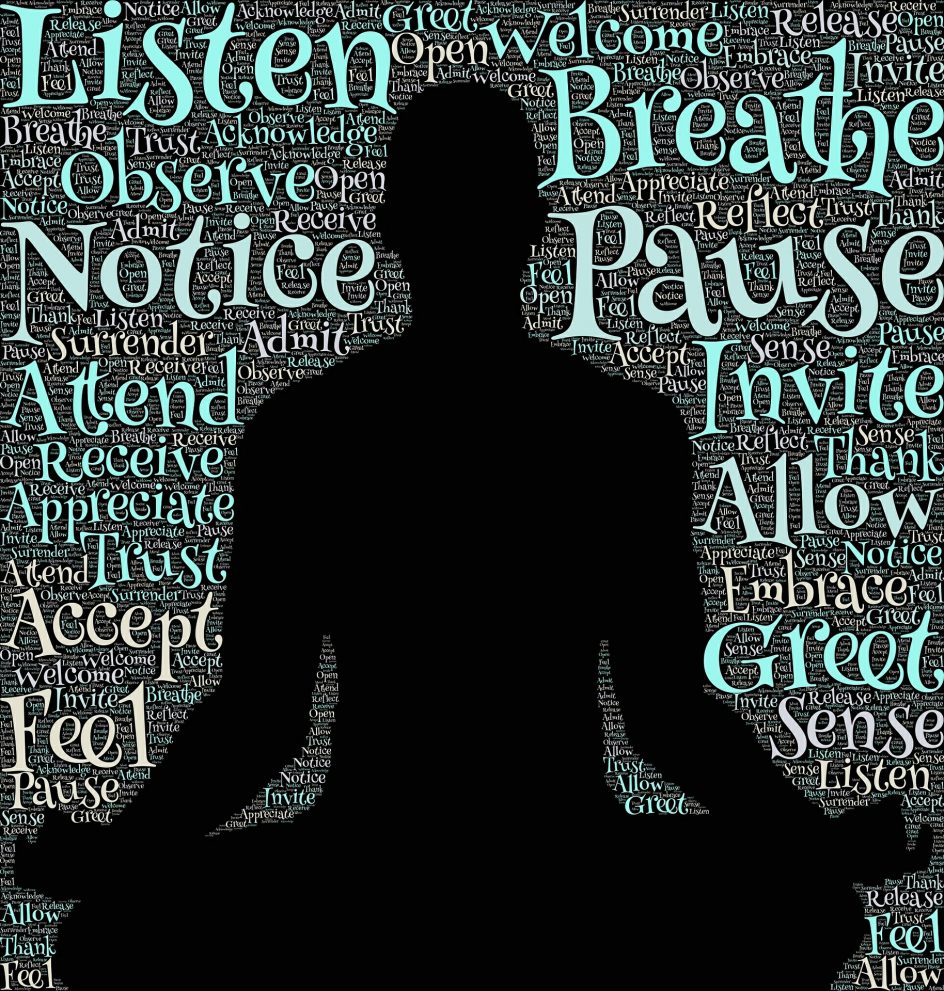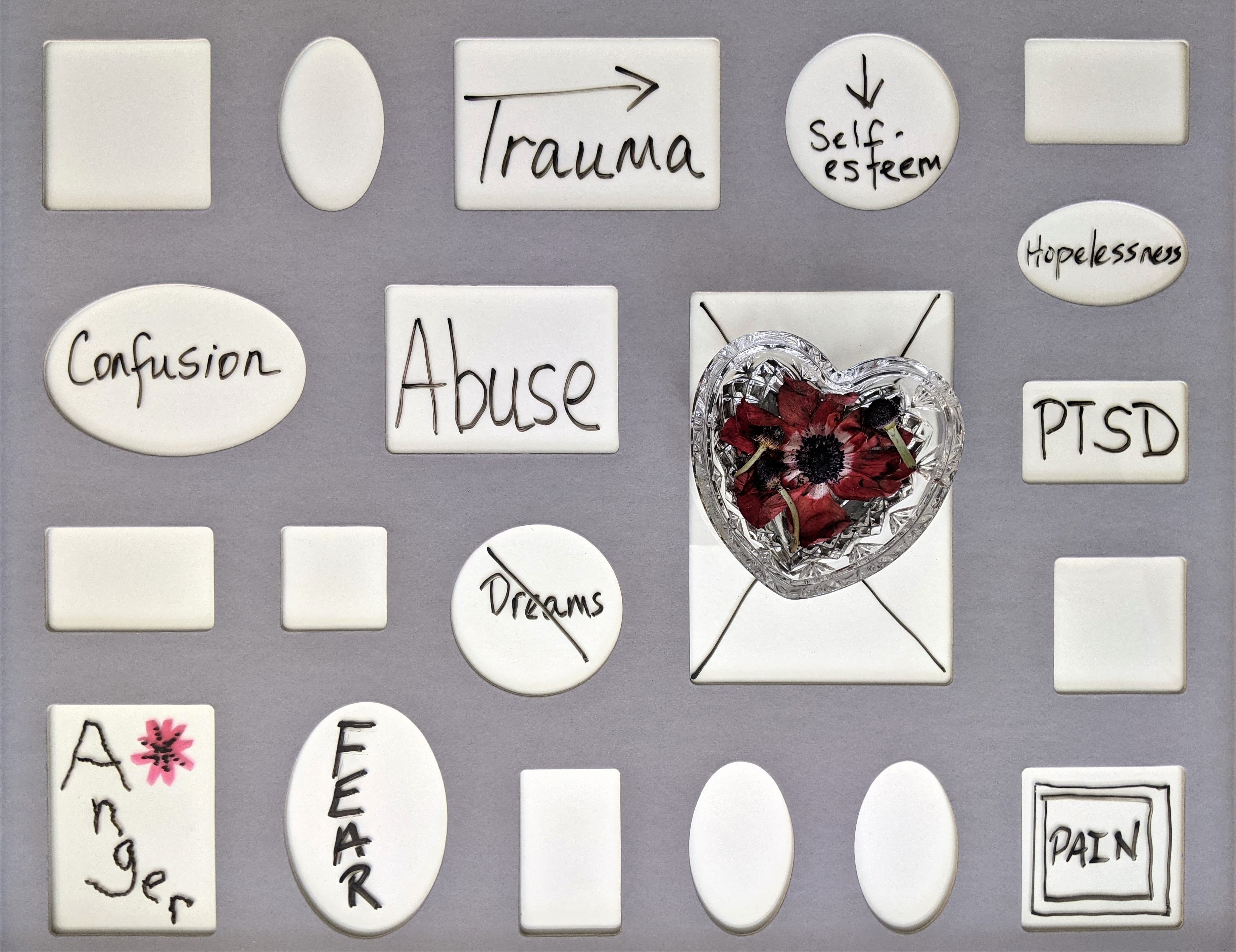Mindfulness-Based Stress Reduction
Stress is a common part of life, but managing it effectively is essential for maintaining both mental and physical well-being. As a therapist trained in mindfulness-based stress reduction (MBSR), I help clients cultivate present-moment awareness to manage stress more effectively. Stress often stems not just from external events, but from our internal responses—worrying about the future, ruminating on the past, or reacting impulsively to current pressures. Through MBSR, I guide clients in developing a new relationship with stress, one rooted in observation rather than reactivity. Together, we work to bring gentle, nonjudgmental awareness to thoughts, emotions, and bodily sensations, allowing space for clarity and calm to emerge.
In our sessions, I teach foundational mindfulness practices such as breath awareness, body scans, and gentle movement. These tools help clients reconnect with their bodies and ground themselves when stress feels overwhelming. I also integrate these practices into real-life situations, helping clients respond to stressors with intention rather than habit. Over time, this consistent mindfulness practice can lead to a greater sense of control, improved emotional regulation, and increased resilience in the face of challenges.
Beyond the techniques, mindfulness encourages a shift in mindset toward acceptance, self-compassion, and presence. I support clients in exploring how they relate to themselves and their experiences, helping them move away from self-criticism and toward a more balanced, compassionate inner dialogue. MBSR isn’t about eliminating stress but changing how we relate to it. I’m here to walk alongside my clients in that process, offering guidance, support, and practical tools to cultivate a calmer, more centered way of living.

























